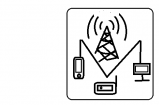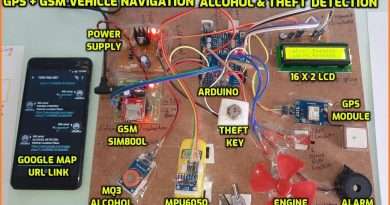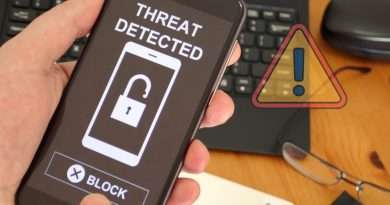cybersecurity tips for individuals | 10 cyber security tips anyone can use
||||||||||||||| 59% |||………… 5.98K/10K
See your name listed below after you Subscribe, check it out below! https://vod.strms.net/s/UCpRlwrmJjger8gRuil5aVQQ
Latest Subscriber: chippercatt
What Do you like most?
|||||||||||||||||…………. 56% ⭐ New Shiny Tech Stuff https://yt.strms.net/Sjiwt
||||||…………………… 20% ⭐ Tech Support Videos https://yt.strms.net/vXw8e
||||||||…………………. 24% ⭐ Something else (Drop a comment) https://yt.strms.net/ViZ9v
👉Did I help you solve your problem or do you like my work? Send a tip here:
https://mercury.streamelements.com/tip/shinytechthings
cybersecurity tips for individuals
If you are working from home and have not yet researched how to secure your devices against cybercrime, now is absolutely the time to do it. Keeping operating systems and software updated is a critical component to working from home security. One of the most effective security tips for working from home is investing in a full-featured antivirus suite for yourself and your employees.
One of the most fundamental and essential security tips for working remotely is following the companys guidelines and cyber-security rules. First, and foremost, it is important that you give employees working from home security tips and guidelines, or policies, for being a safe telecommuter.
One of the easiest ways to provide remote workers with cybersecurity is by strengthening the Wi-Fi security in the home. Let us take a look at some low-cost ways that you can tighten up network security, and prevent your remote workers from exposing your organization to cybercrime by accident. However, there are several steps your organization can take to protect your remote workers and network without going over budget, and using many IT tools that you already have for your office. Remote work is here to stay, and it is important that you ensure that your at-home setup is safe, you are following cybersecurity best practices, and that you are taking appropriate precautions.
While many of us have finally settled into our groove when it comes to working from home, it is worth reminding ourselves about a few essential security practices every telecommuter needs to adopt. It can be all too easy to overlook essential security practices when we are feeling burnt out by the grind of doing our jobs, and even more so while working remotely.
The freedoms that come with working from home are accompanied by the responsibility of maintaining the security standards you are usually provided when working from an office. Employees tend to be somewhat lax about security when they are working from home; cybersecurity training could remind them of the importance of staying vigilant. While these security controls can be used anytime, they are especially important as employees are working from homeA networks which are typically less secure than corporate networks.
If you are allowing the majority of your employees to work remotely, it is important to embrace some fundamental habits that will keep both your devices and the businessas network safe from cybercriminals. Following the core tips suggested above can go a long way to protecting your company against cybercrime in the age of remote working.
Cyber security training should be a regular part of your remote working policies, and should be required of each new hire at your company — particularly if that employee will use his or her own device for the job.
You need to know that if a working device is stolen from the office at home, it can jeopardize the security of your companys data. If your remote workers are using personal devices for work purposes, then you would not have any way to monitor this, so you would need to rely on trust.
From a cybersecurity standpoint, it is good idea to make sure that you keep your work and personal devices separated, and you are strictly enforced against using work devices for anything personal. Since your personal devices are probably not monitored by your IT department for software updates and vulnerabilities, avoid using your personal laptops and phones for things you could be doing on work laptops and phones. Avoid using personal computers, tablets, and phones — as well as ones shared with others — to do your job. While it might feel awkward constantly switching back and forth between devices just to pay the bills or do an online purchase, make every effort to keep a work and a home computer separate.
#cybersecuritytips #top10tipsforcybersecurityinhealthcare #cybersecuritytips2021 #10cybersecuritytips #cybersecuritytipsforemployees #cybersecuritytipsforremoteworkers #cybersecuritytipsforworkingremotely #cybersecurity #whatiscybersecurity #cybersecuritytipsforindividuals
https://www.youtube.com/c/ShinyTechThings
Views : 212
cyber security




